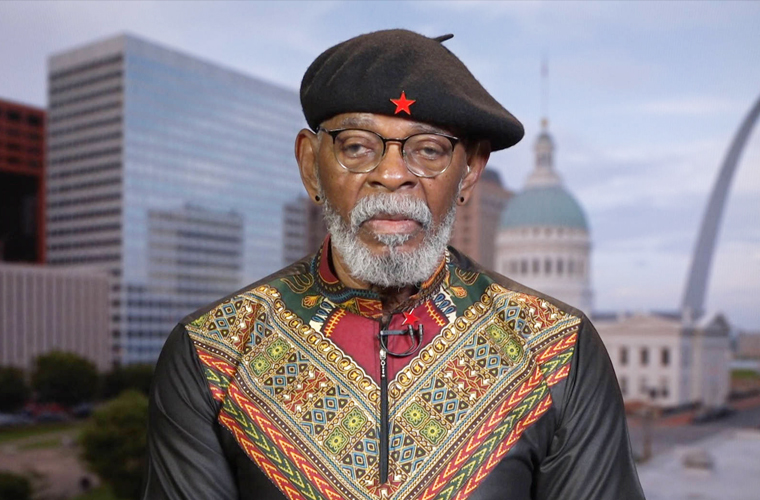Omali Yeshitela, a prominent figure in the Pan-Africanist movement, is known for his unwavering commitment to socialism and activism. Born Joseph Allen Waller Jr. on October 9, 1941, in St. Petersburg, Florida, Yeshitela has dedicated his life to the struggle for African liberation and the advancement of socialist ideals. Yeshitela’s early years were shaped by the racial segregation and discrimination that was pervasive in the United States during the mid-20th century. Growing up in Florida, he witnessed firsthand the injustices faced by African Americans in a society that was deeply divided along racial lines. These experiences would later fuel his passion for social justice and inspire his lifelong activism.
In the 1960s, Yeshitela became involved in the civil rights movement, working alongside other activists to challenge racial inequality and systemic oppression. However, he soon became disillusioned with the limitations of the civil rights movement and began to embrace more radical ideologies. This shift led him to embrace Pan-Africanism, a political philosophy that emphasizes the unity and solidarity of people of African descent worldwide.
Yeshitela’s commitment to Pan-Africanism and socialism led him to establish the African People’s Socialist Party (APSP) in 1972. The APSP quickly gained a reputation for its uncompromising stance against imperialism, capitalism, and all forms of oppression. Under Yeshitela’s leadership, the party has been at the forefront of numerous struggles for social and economic justice, both within the United States and internationally.
One of Yeshitela’s most enduring contributions to the Pan-Africanist movement is his emphasis on self-reliance and self-determination for African people. He has long argued that true liberation can only be achieved through the collective efforts of African people themselves, free from the influence of external powers. This vision has led him to advocate for economic development and self-sufficiency within African communities, as well as the establishment of independent African institutions and organizations.
Yeshitela’s activism has not been without controversy. His uncompromising stance against imperialism and capitalism has often put him at odds with mainstream political forces, both within the United States and abroad. He has faced persecution and harassment from government authorities, as well as criticism from those who view his views as too radical or confrontational. Despite these challenges, Yeshitela remains steadfast in his commitment to advancing the cause of African liberation and socialism. He continues to be a leading voice in the struggle for social and economic justice, using his platform to educate and mobilize others in the fight against oppression.
In addition to his work with the APSP, Yeshitela has also been involved in various international solidarity efforts, forging alliances with other oppressed peoples around the world. He has spoken out against war, militarism, and neocolonialism, advocating for a world free from exploitation and domination.
As he approaches his eighth decade, Yeshitela’s influence shows no signs of waning. He remains an inspirational figure for countless activists and organizers who share his commitment to social justice and liberation. His legacy serves as a reminder of the enduring power of grassroots movements and the importance of challenging entrenched systems of inequality.
In conclusion, Omali Yeshitela’s life and work exemplify the profound impact that one individual can have in the struggle for justice and equality. His unwavering dedication to Pan-Africanism, socialism, and activism has left an indelible mark on the world, inspiring generations of activists to continue the fight for a better future.

